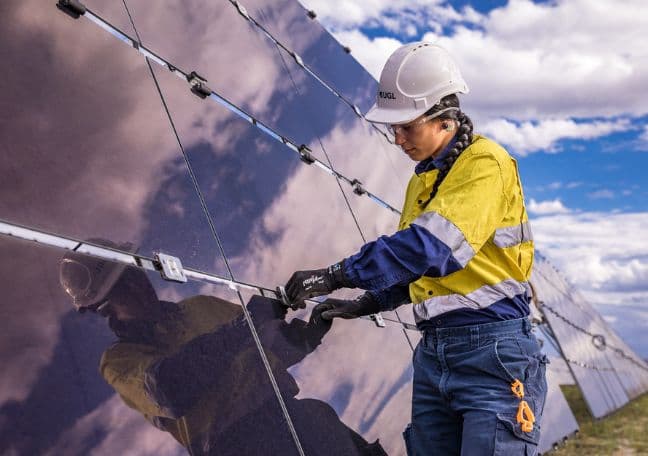
STEM Futures: Understanding Wind Power
In this interdisciplinary unit, students explore renewable energy, with a focus on wind energy, through Science, Mathematics, and Design and Technology. Throughout the lessons, wind energy and other renewable projects are used as the lens for students to learn about forces, electricity generation, the impacts of renewables, ethical and sustainability considerations, and careers in the clean energy sector.
Developed in partnership with the Queensland Government through Queensland's Clean Energy Workforce Roadmap and alongside industry experts, the Clean Energy Council, this unit has been designed to allow students to:
- investigate how balanced and unbalanced forces apply to renewable energy systems such as wind and hydro turbines through design and experimentation.
- understand how different forces impact the efficiency of wind power
- understand how scientific knowledge evolves through learning about climate change and fossil fuels.
- explore the ethical and sustainability considerations of wind power
- investigate the feasibility of Australian renewable energy targets by analysing statistical data
- research careers in the renewable sector and understand how people consider ethics and sustainability in their roles
The lessons have been designed to empower educators to deliver clean energy content, build students' STEM skills across multiple subjects and increase their awareness of clean energy career opportunities, highlighting connections between STEM knowledge and the renewable energy context.
This STEM Futures: Energy Careers program consists of lessons and resources that highlight projects, people and careers in Queensland through case studies and video content. They are aligned to the Australian Curriculum 9.0 but can be used in various teaching and learning contexts. The program allows students to learn subject-specific knowledge, concepts and skills in the context of real-world Queensland and Australian renewable energy projects and empowers them to understand how their subject knowledge can be applied to careers and industries in this vital sector.
Cool.org recommends that Science, Mathematics and Design and Technologies educators collaborate to deliver these resources across their respective subjects so students can understand the content from multiple perspectives.
Science
Explore balanced and unbalanced forces in renewable energy systems, conduct experiments with turbines, and investigate ethical, environmental and career implications in renewable energy projects.
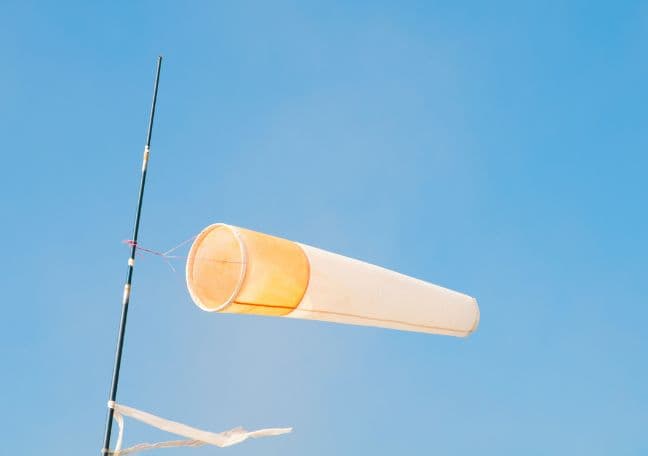

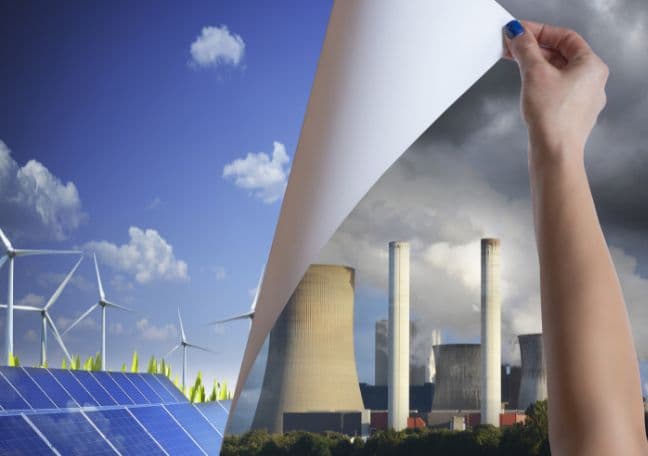
Design and Technologies
Explore wind turbine design, focusing on how force, motion and energy are harnessed to generate electricity, as well as investigate careers in the wind energy sector, analysing how ethical and sustainability factors shape professional practices.
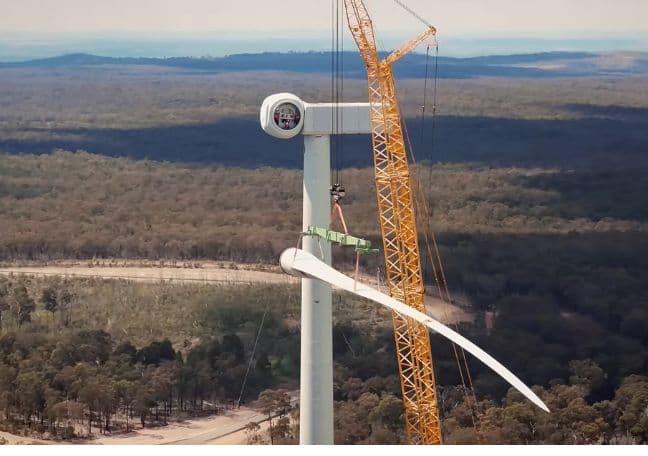
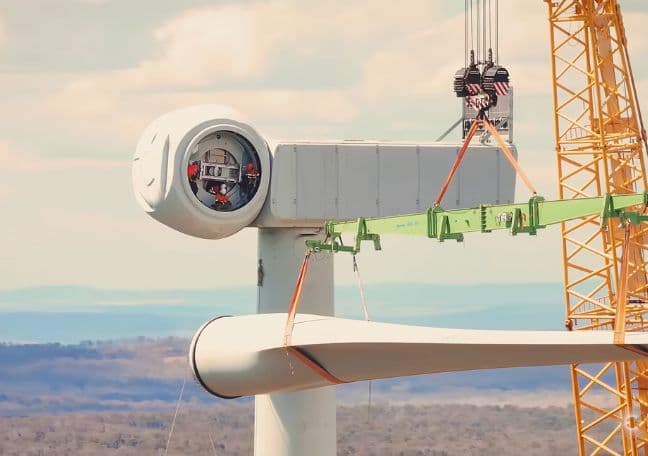
Mathematics
Analyse numerical data relating to the energy capacity of renewable energy projects in Australia and Queensland.
